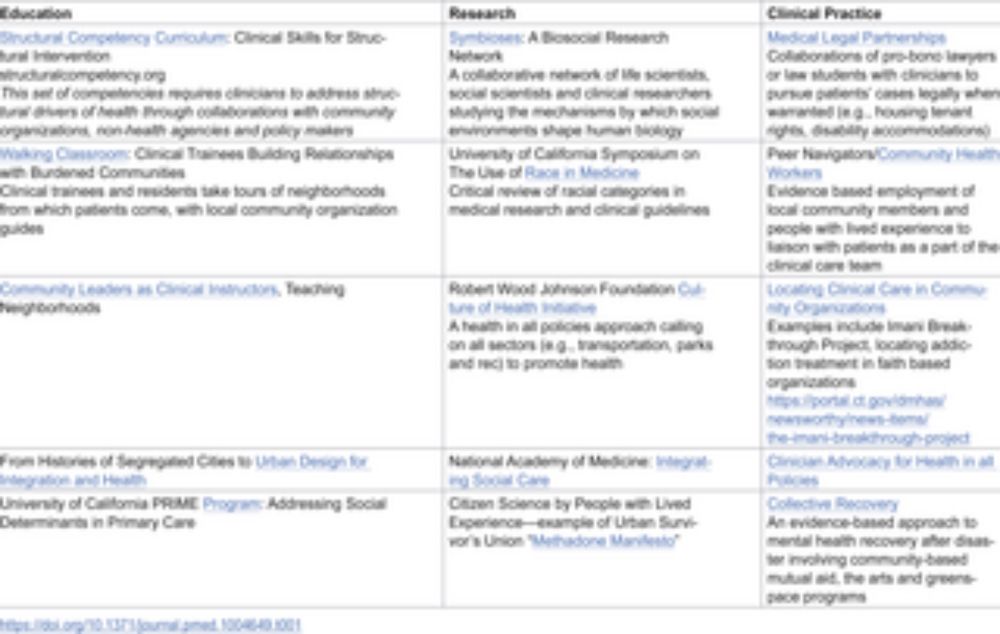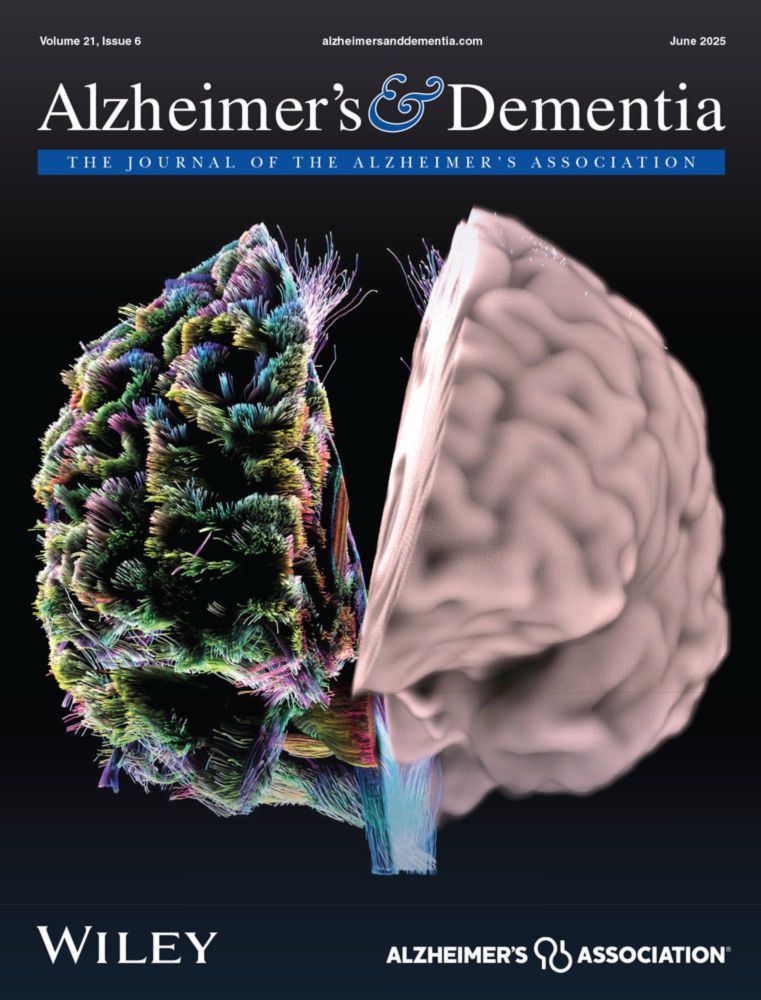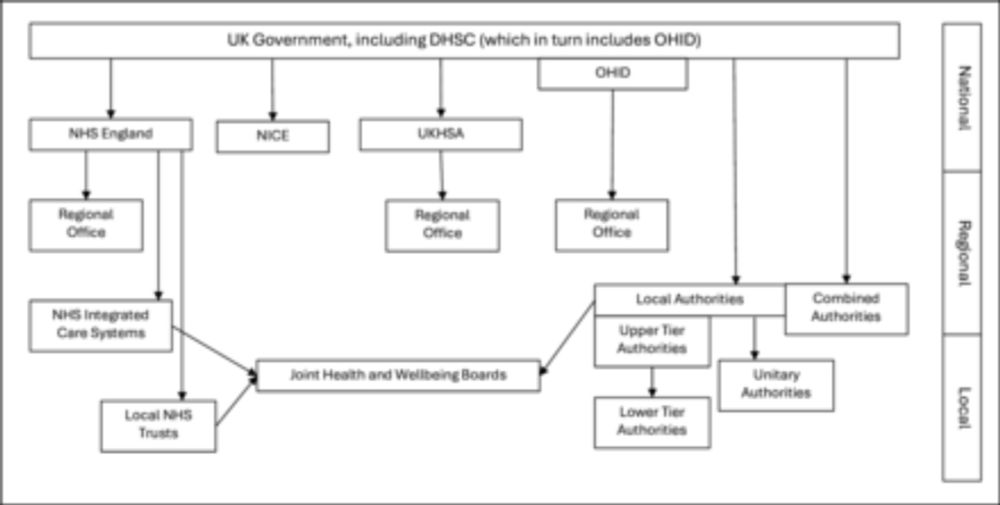
🚨In this new systematic review in BMJ JECH, most of the 18 studies reported dynamic associations between lifecourse socioeconomic change and dementia risk. Highest risk for those born poor who stay poor.
Eleanor Williams, @ilk21.bsky.social , Carol Brayne @cph.bsky.social
24.10.2025 06:06 — 👍 2 🔁 1 💬 0 📌 0
YouTube video by Dementia Researcher
Population-level Dementia Risk Reduction
Now on YouTube: Our Dementia Research Salon Livestream recording exploring #Dementia Risk Reduction - guest host Luis Tojo speaks with @sebwalsh.bsky.social, @simonesalemme.bsky.social & @timothydalyalz.bsky.social on prevention, policy & population health
youtu.be/E12QCc5uWek
16.10.2025 20:17 — 👍 3 🔁 3 💬 0 📌 0

Key questions for the future of amyloid research in dementia: a framework for integrating complex datasets - Molecular Psychiatry
Molecular Psychiatry - Key questions for the future of amyloid research in dementia: a framework for integrating complex datasets
A key (too often ignored) aspect of Alzheimer's research is translation of findings between familial disease, specialist clinics, and general population. In this piece we identify key unanswered research questions and describe a framework for knowledge integration.
www.nature.com/articles/s41...
10.09.2025 10:54 — 👍 71 🔁 19 💬 1 📌 2

Prevalence and co-occurrence of dementia risk factors in Denmark: A nationwide study
The clustering of dementia risk factors is common and has implications for policies targeting risk reduction.To estimate the prevalence of 16 dementia…
New paper with Janet Janbek using 🇩🇰 registry data to examine prevalence/co-occurrence of dementia risk factors. 82% of people >65 have multiple risk factors, speaking to the need for upstream public health action. More work soon from this collaboration!
www.sciencedirect.com/science/arti...
02.09.2025 07:51 — 👍 5 🔁 0 💬 0 📌 1
Interested? Take a read (it's open access) and get in touch.
Big thanks to co-authors, brought together under the
DEMON Network
/End
28.07.2025 14:07 — 👍 2 🔁 0 💬 0 📌 0
The hope is that this provides a platform for people starting out in the dementia research field to make it easier to incorporate an SDOD lens, by knowing what evidence we do have and where the gaps are
3/
28.07.2025 14:07 — 👍 2 🔁 0 💬 1 📌 0
...all evidence linking social determinants to dementia across 6 domains (education, food environment, housing, SES, physical environment, and social inclusion) identifying where there are reviews/meta-analyses, where there is only primary evidence, and where we have nothing
2/
28.07.2025 14:07 — 👍 1 🔁 0 💬 1 📌 0
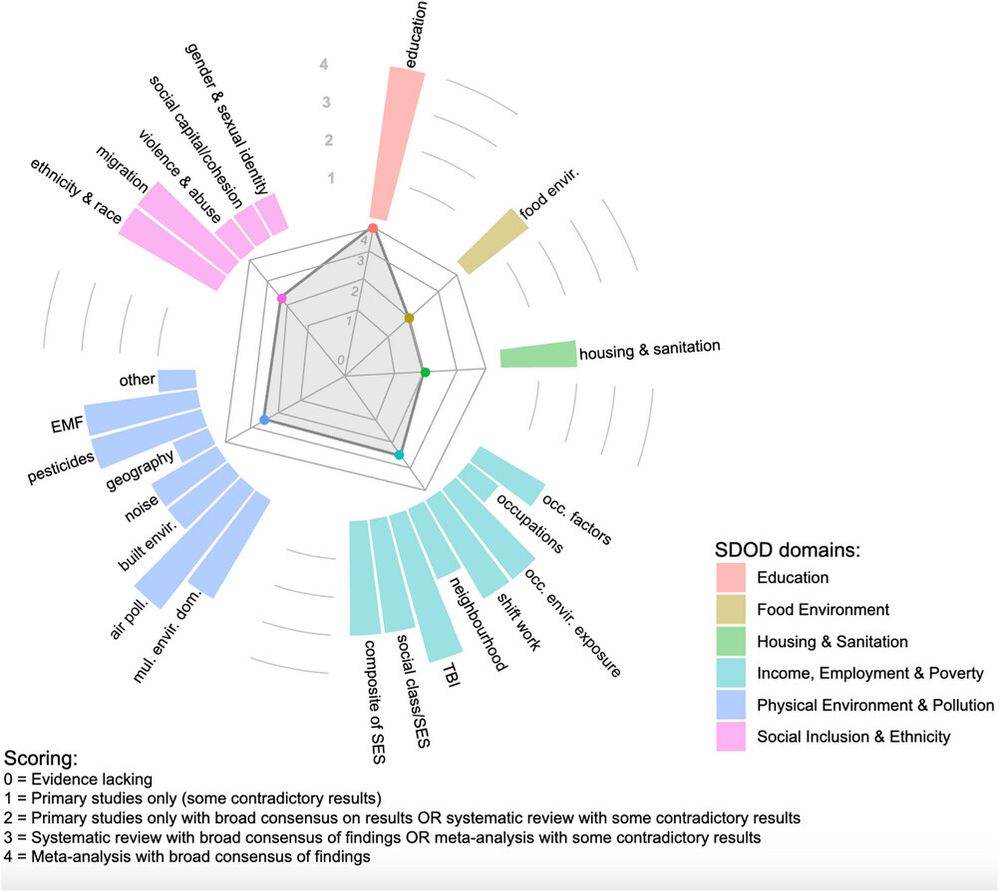
What evidence do we have on the Social Determinants of Dementia (SDOD)?
Delighted that this scoping review, a year or so in the making, is now published in @alzdemjournals.bsky.social. Expertly led by Anouk Geraets, we identified...
doi.org/10.1002/alz....
1/
28.07.2025 14:07 — 👍 14 🔁 5 💬 1 📌 0
Error - Cookies Turned Off
Adherence to four dietary indices and the risk of all‐cause and cause‐specific dementia: Findings from the UK Biobank study - Carrasco‐Marín - Diabetes, Obesity and Metabolism - Wiley Online Library dom-pubs.pericles-prod.literatumonline.com/doi/10.1111/...
24.07.2025 14:58 — 👍 0 🔁 0 💬 0 📌 0
Redirecting
Dementia and the disappearing subject: a framing analysis of drugs for dementia in UK news media
doi.org/10.1016/j.ss...
15.07.2025 08:46 — 👍 2 🔁 0 💬 0 📌 0
Great to work on this with UK colleagues Naaheed Mukadam, Gill Livingston (@uclpsychiatry.bsky.social), and Carol Brayne (@cph.bsky.social). Susanne Roehr, and colleagues from Uni of Auckland
04.07.2025 21:42 — 👍 1 🔁 0 💬 0 📌 0
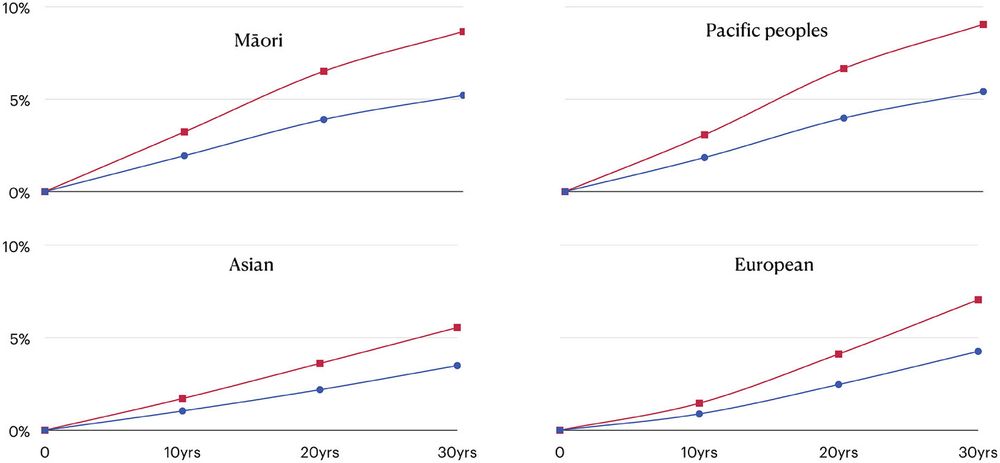
Issue with PAFs for dementia are that we could never actually achieve risk factor eradication
So, in 🇳🇿 , Etu Ma'u has led modelling of 15-25% reductions in risk factors (still ambitious) and shown meaningful PIFs over time, esp for Maori and Pacific peoples
doi.org/10.1002/alz....
04.07.2025 21:42 — 👍 2 🔁 0 💬 1 📌 0
Huge thanks to co-authors:
@jackmbirch.bsky.social , Richard Merrick, Lindsay Wallace, @ilk21.bsky.social , Linda Clare, Oli Mytton, Louise Lafortune, Wendy Wills, Carol Brayne @cph.bsky.social
And to funder:
@nihr.bsky.social
#Dementia #PublicHealth
26.06.2025 05:12 — 👍 1 🔁 0 💬 0 📌 0
Population-Level Approaches to Dementia Risk Reduction (PLADRR) Research Group – IRNDP
Interested in learning more about population-level approaches to dementia risk reduction?
Check out our Population-Level Approaches to Dementia Risk Reduction (PLADRR) research group webpages: coghealth.net.au/population-b... including our evidence hub!
4/
26.06.2025 05:12 — 👍 1 🔁 0 💬 1 📌 0
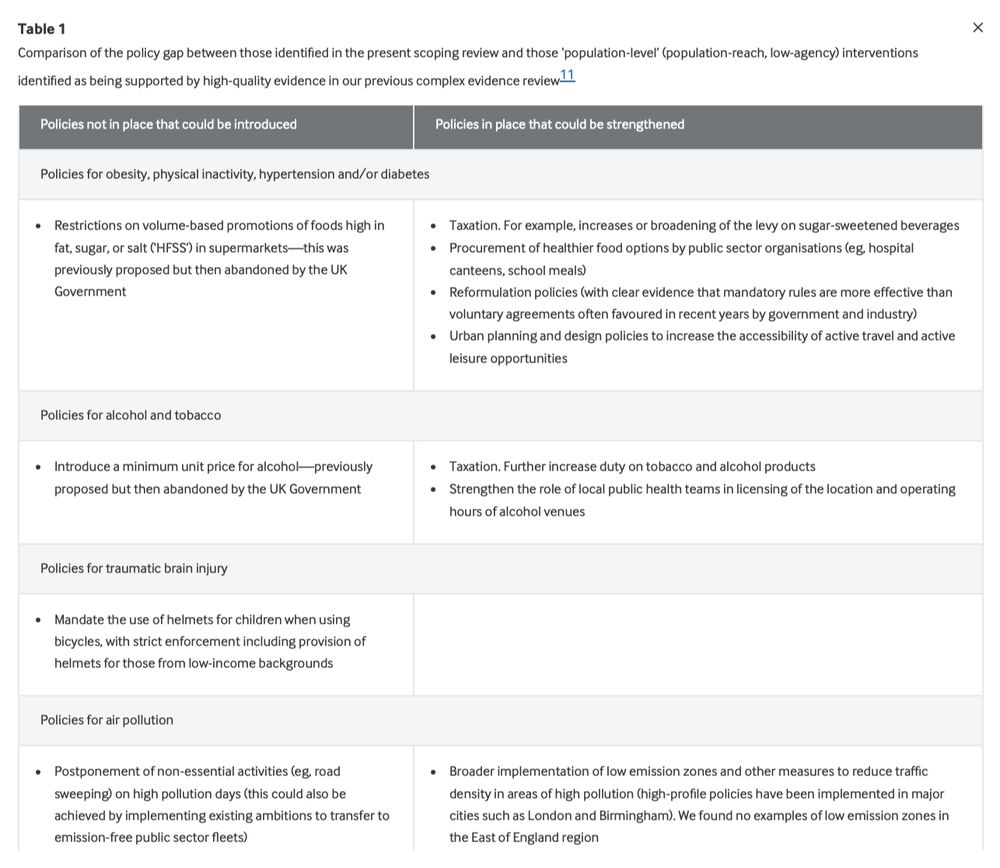
By comparing against our previous work on what population-level, low-agency interventions are effective at lowering dementia risk factors (see: doi.org/10.1016/j.ec...) we make 4 recommendations for new policies, and 7 recommendations for policies that could be strengthened
3/
26.06.2025 05:12 — 👍 1 🔁 0 💬 1 📌 0
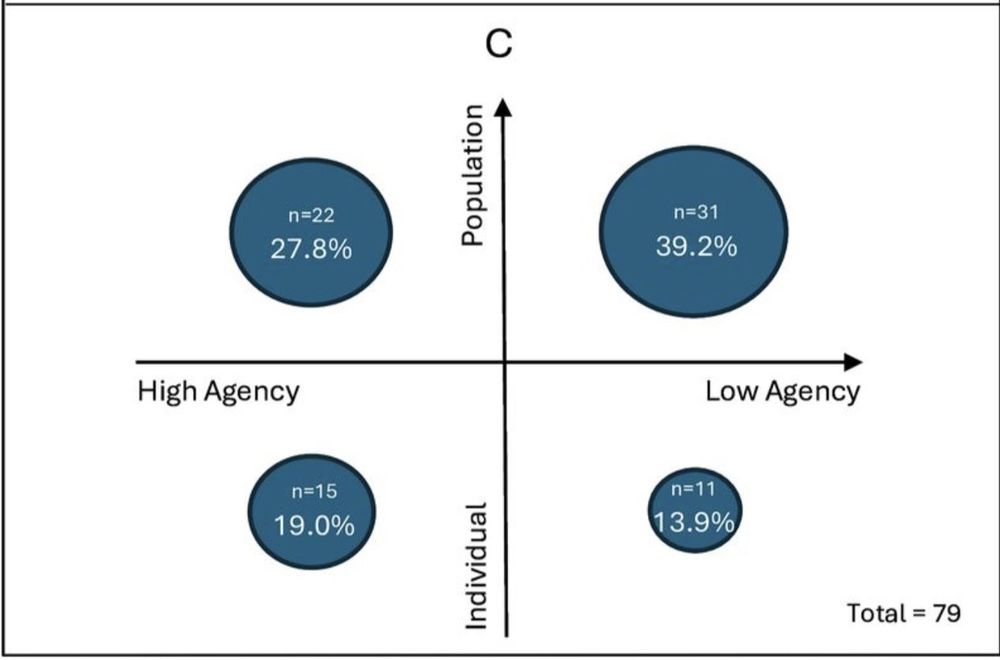
We find a general balance across reach and agency (see figure).
But with reports of a trend towards individual-level and high-agency interventions (see: health.org.uk/reports-and-...).
2/
26.06.2025 05:12 — 👍 0 🔁 0 💬 1 📌 0
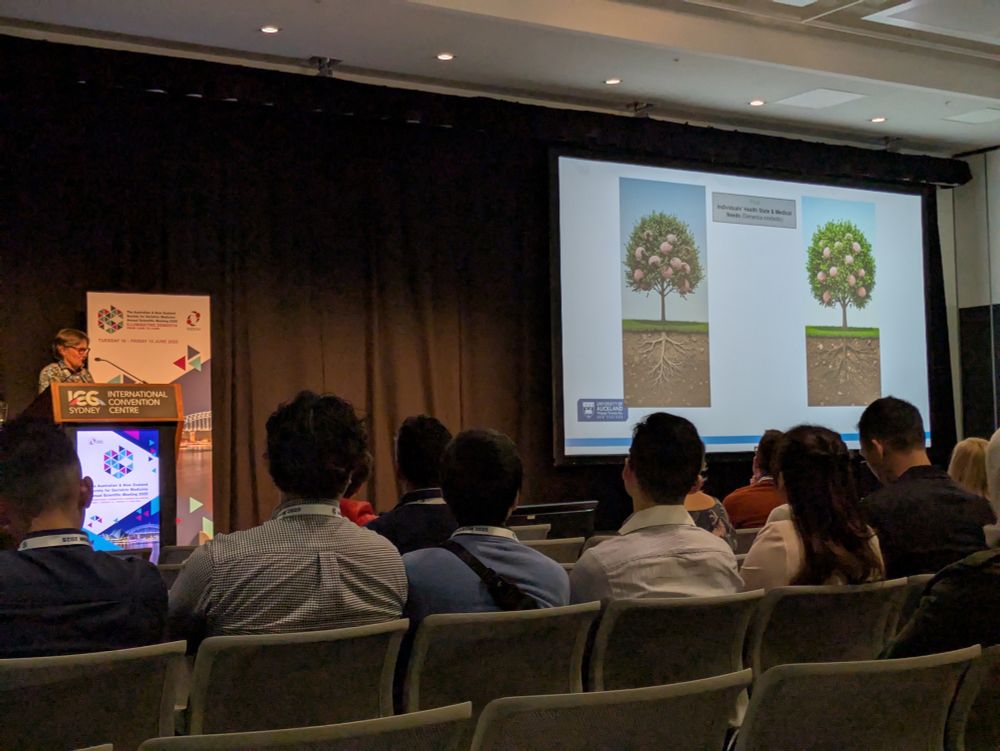
Ngaire in a patterned top stands at a podium next to slides showing a Withered tree and a blooming tree
Next up is Prof Ngaire Kerse with a lot of great updates on what's happening in Aotearoa for dementia care and population level risk reduction. Look @sebwalsh.bsky.social it's your equali-tree! #ANZSGM2025
10.06.2025 02:09 — 👍 1 🔁 1 💬 1 📌 0
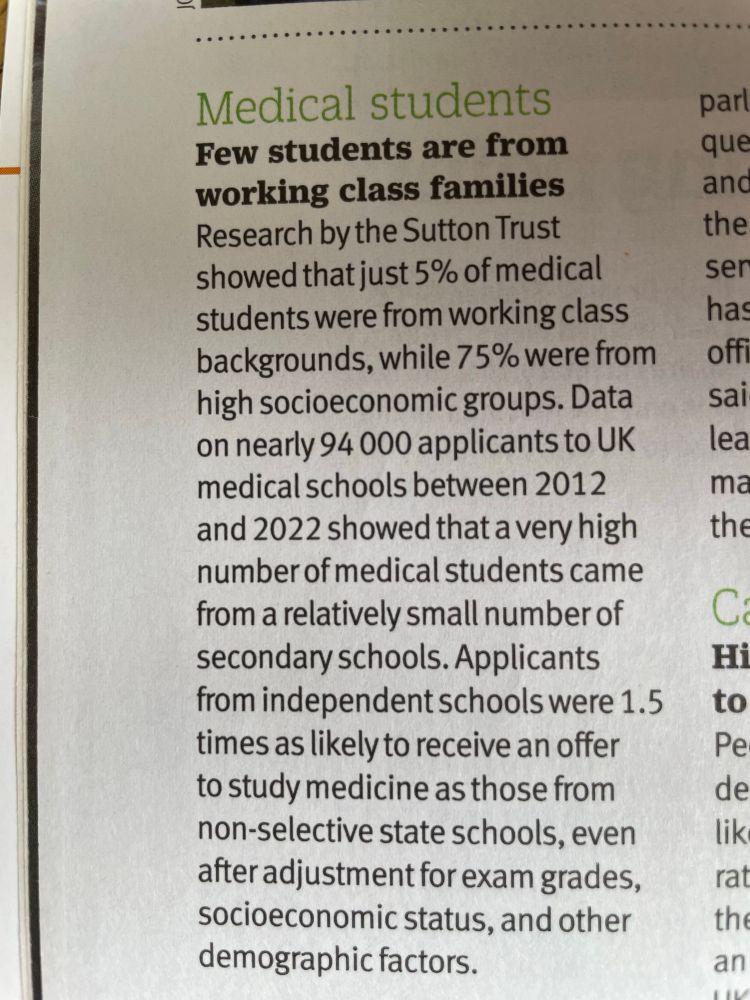
A couple of months ago in @bmj.com (I’m that far behind!).
This is something we should care about. We need a medical workforce that is diverse and who can relate to patients and others in the MDT.
24.05.2025 16:51 — 👍 7 🔁 2 💬 0 📌 0
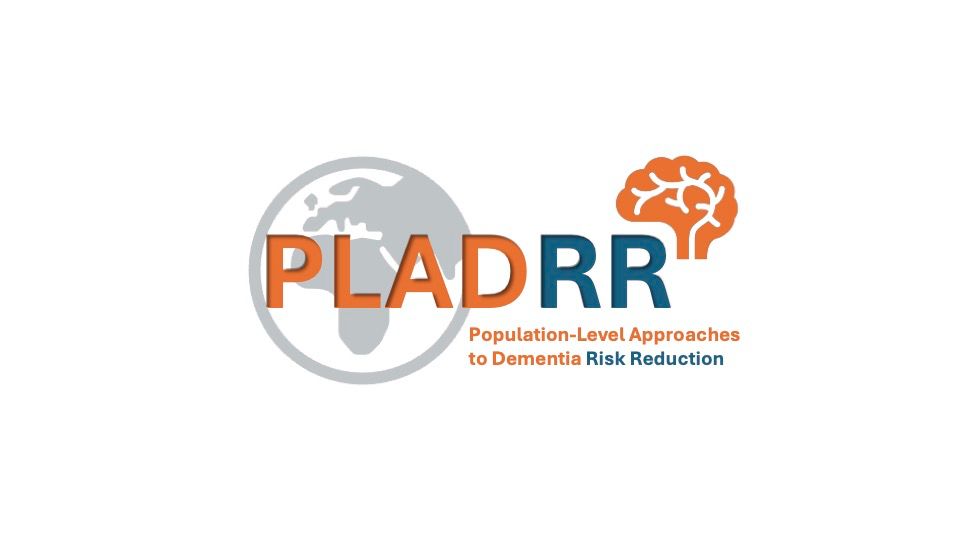
Interested in how we lower the population's risk of developing? Check out the refreshed webpages of our research group, including an up to date Evidence Hub.
Interested in learning more? Get in touch!
coghealth.net.au/population-b...
20.05.2025 13:12 — 👍 2 🔁 0 💬 0 📌 0
Leading open access health science journal publishing impactful research that transforms global healthcare and advances clinical understanding.
🔗 https://journals.plos.org/plosmedicine
Independent global health news written by experienced journalists. Non-profit media company with HQ in Geneva, Switzerland.
Sign-up for daily email news alerts: http://healthpolicy-watch.news
Res Non Verba 😷 #Resist 🏳️🌈 🧠❤️🔥Brain & mind health activist playing the long game | Fascinated by it all | Typical human attributes with additional
super-power to chat to strangers.
"Joy is my favorite weapon" (Cooperstreaming)
Dublin, Ireland 🇮🇪 ☘️❤️🔥
Disabled Army Combat Veteran, Bass vocalist and tuba player. Spouse has Lewy Body Dementia, and our daughter is an Internal Medicine Attending Physician; Secular Humanist; LGBTQIA+ ally; DEI advocate; coffee snob and addicted to a Capella singing! He/Him
Psychologist and Professor of Behavioural Sciences @UniofNewcastle; interested in motivation and health. Director of the NIHR Policy Research Unit in Behavioural and Social Sciences. Keen on mountains & egg-chasing (She/Her)
Ph.D., int’l Speaker & CEO Target Latino, Multicultural Inbound Marketing. Insights, SEO, CRO. Healthcare. Legal & Tech expert. CNN, Adweek, HuffPo.
I ❤️ quotes, engaging conversations, abstract thinking + philosophizing. 70's 4ever. Are you my people?🦋
PGY 4 Neurology, interested in #consciousness #coma and #AI in #Neurocriticalcare
Co-Creating Ireland's Public Involvement in Open Research Roadmap
ENGAGED is building a national roadmap to shape public involvement in open research in Ireland. We believe that research can and does play an important role in tackling societal challenges.
Economist still Professing. Interests: politics, religion, LGTBQ, health, demographics, travel, photography, genealogy. Text author, newspaper columnist. Father (3), grandfather (8), ggrandfather (1). Partner to Arnold.
Postdoctoral Researcher | Neurodegeneration, Lysosomes & FTD | Rosa Rademakers Lab, VIB-UAntwerp Center for Molecular Neurology
Neuroscientist, I guess
Now Editor at @TheLancet. Before @NatureNeuro. In my other life Fellow @KingsCollegeLon and Fulbright postdoc at MGH, PhD from @unicomplutense Opinions my own
Biomed Research 🧬👩🏼💻 (job at UCL)
PE/Scicomms 👥
Planet & Equity Advocacy 📢♻️🌍
Expedition #HBAntarctica2025 🐧♀️ 1ªcientífica galega en expedición HB
🕸️ https://linktr.ee/dralbafs_hb8
PhD student at Aarhus University and Defactum (Central Denmark Region) | Social Epidemiology | Survey and Registerbased research l Social disconnection and Type 2 diabetes
The Path of Effortless Action
Tao 道 of Wu wei 无为
Creator of #iam #dralex #lolX #bewater #FlowToGlow
.
#meditation teacher
#zen #tao #buddhism Real World
#philosophy
#psychology
.
PhD Psychology cognitive and behavioural #neuroscience
#Cambridge / #Lisbon
🔬 Assistant Prof, Pathology @Duke | Director, Clin Micro Lab
🧫 Former Clin Micro Fellow @Memorial Sloan Kettering
👩🏻🔬 Former Postdoc @broadinstitute.org
🎓 PhD @The Rockefeller University
Focus: Diagnostics, AMR, Structural Biology
This NIHR Policy Research Unit is part of @nihr.bsky.social and hosted by @exeter.ac.uk in collaboration with Bradford, LSE, Newcastle, Ulster & UNSW. Views own
PhD student in Economic History, LSE.
nicholasfitzhenry.co.uk
Research: death, disease & doctors during Apartheid
Methods: Applied econometrics and historical demography.
Teaching: Industrial Rev., History of Middle East
DETERMIND is an ambitious research project funded by the NIHR Three Schools’ Dementia Research Programme that aims to find out how we can make dementia care and outcomes in the UK more equal. https://determind.org.uk/about-determind/
👥 Group Leader & Wellcome Career Development Fellow @ UCL | 🏥 Honorary Consultant Neurologist at NHNN | 🔬 Researching Parkinson’s 🧬, neurodegeneration 🧠, ageing ⏳, lysosomes 🫧🔄 using Drosophila 🪰 | 💬 Thoughts my own and random 🎲
Lab focuses on innate immune mechanisms in the pathogenesis and progression of Lewy body dieseases.











